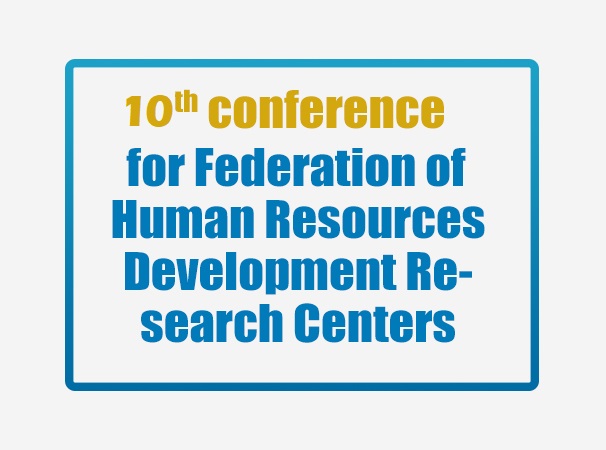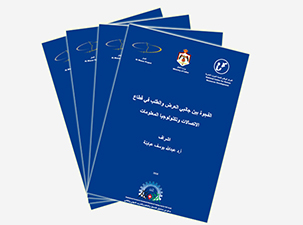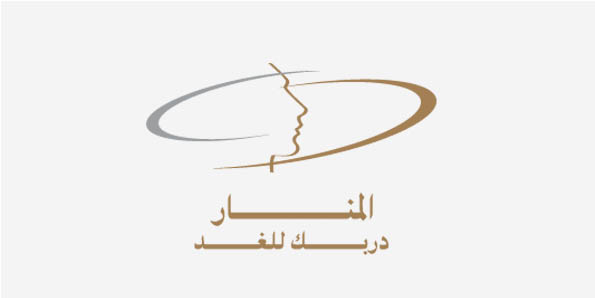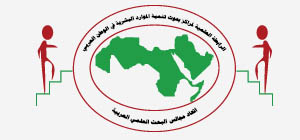National Assessment for Knowledge Economy (NAfKE)
NAfKE was initiated in the framework of the Education Reform for the Knowledge Economy Project (ERfKE). NAfKE has been designed to assess the students’ cognitive abilities and readiness for applying the knowledge and concepts in solving problems in real life scenarios, in Arabic reading, Mathematics, and Science. It is a nationally representative standardized test with a breakdown in gender, rural-urban school location, type of school (discovery vs. non-discovery), and supervisory authority (MoE, UNRWA, military, private schools) for students in the 5th, 9th and 11th grades.
NAfKE was first implemented in 2006 and was subsequently repeated in the years 2008, 2011, and 2014. It unveils characteristics and learning-related perceptions of students, teachers and principals in each cycle, every 2 or 3 years. The findings of NAfKE 2006 were intended to be used as an initial baseline for ERfKE to measure the development in learning performance, before and after the introduction of the new curricula, and the new teaching methods. Subsequent NAfKE cycles in 2008, 2011, and 2014 mapped-out corresponding student mastery of the skills and cognitive abilities required for the knowledge economy, in mathematics, science and the Arabic language in the three grade levels.
NAfKE data on students, teachers and schools draws attention to the factors impacting student learning, hence is of particular significance in informing policy.
| Report Name | Download |
|---|---|
| National Report for NAfKE2006 | Click here to download |
| National Report for NAFKE2008 | Click here to download |
| National Report for NAFKE2011 | Click here to download |
| National Report for NAFKE2014 | Click here to download |








